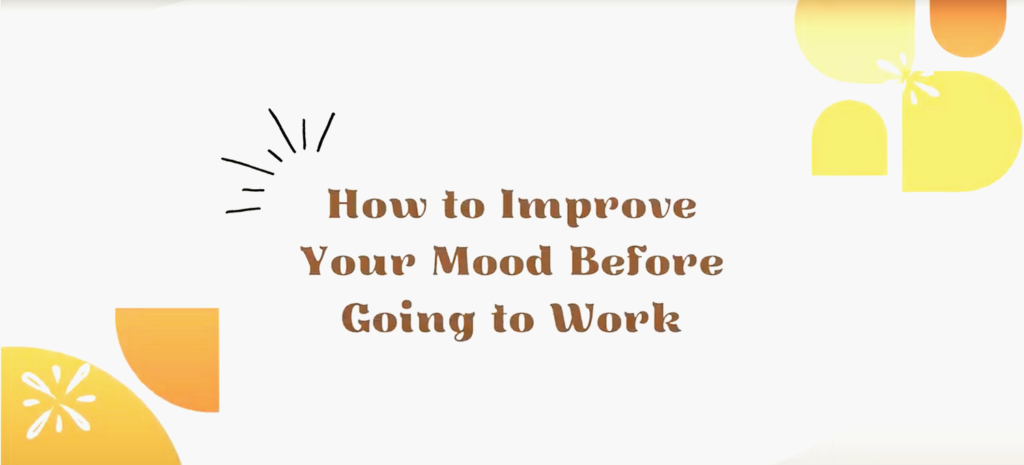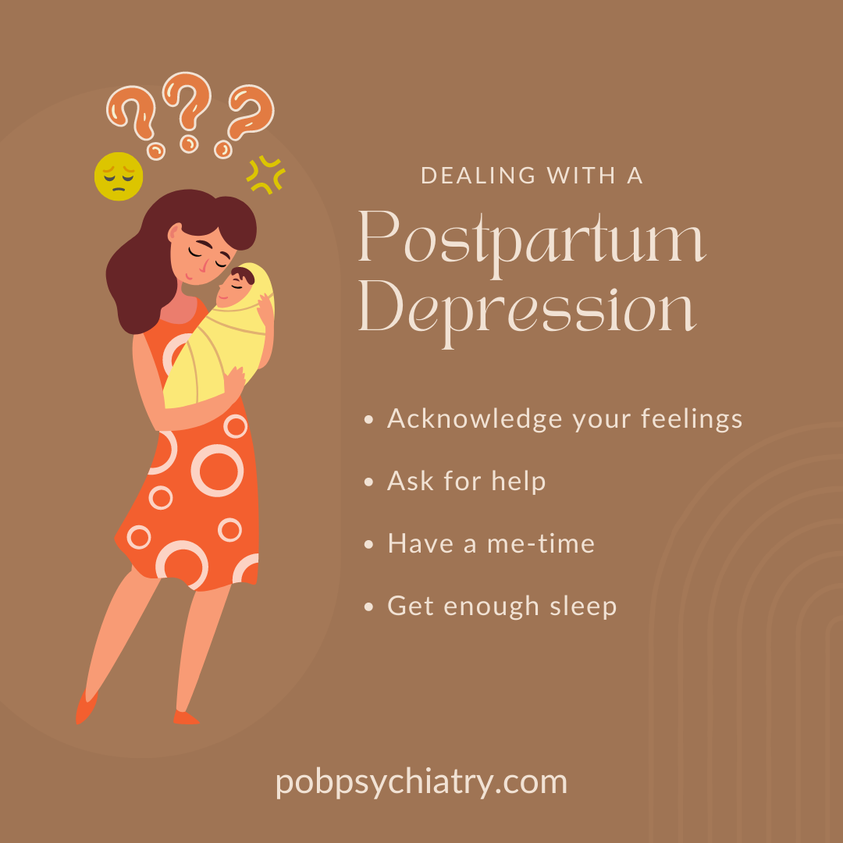
A mental health condition impairs a person’s ability to think, feel, or interact with others. There are various types of mental health problems, and they can all manifest to varying degrees of severity. These are some examples:
Depression
Anxiety
Bipolar disorder
Personality disorders
Eating disorders
Psychosis
Someone’s mental health may not necessarily be flourishing just because they have not been diagnosed with a mental health condition. Similar to this, it is possible to have a mental health diagnosis while still being in good overall health.
People who are struggling with mental health issues can and often do recover to their best mental health when they receive the appropriate support and treatment, and when they have a say in the decisions that affect their care.
Call us now at (520) – 333- 4949
Book your appointment at:
https://provider.kareo.com/dr-stephanie-fumi-hancock OR https://provider.kareo.com/shawn-dugan-1
Visit our websites for more details: www.pobpsychiatry.com OR www.drfumipsychdnp.com




